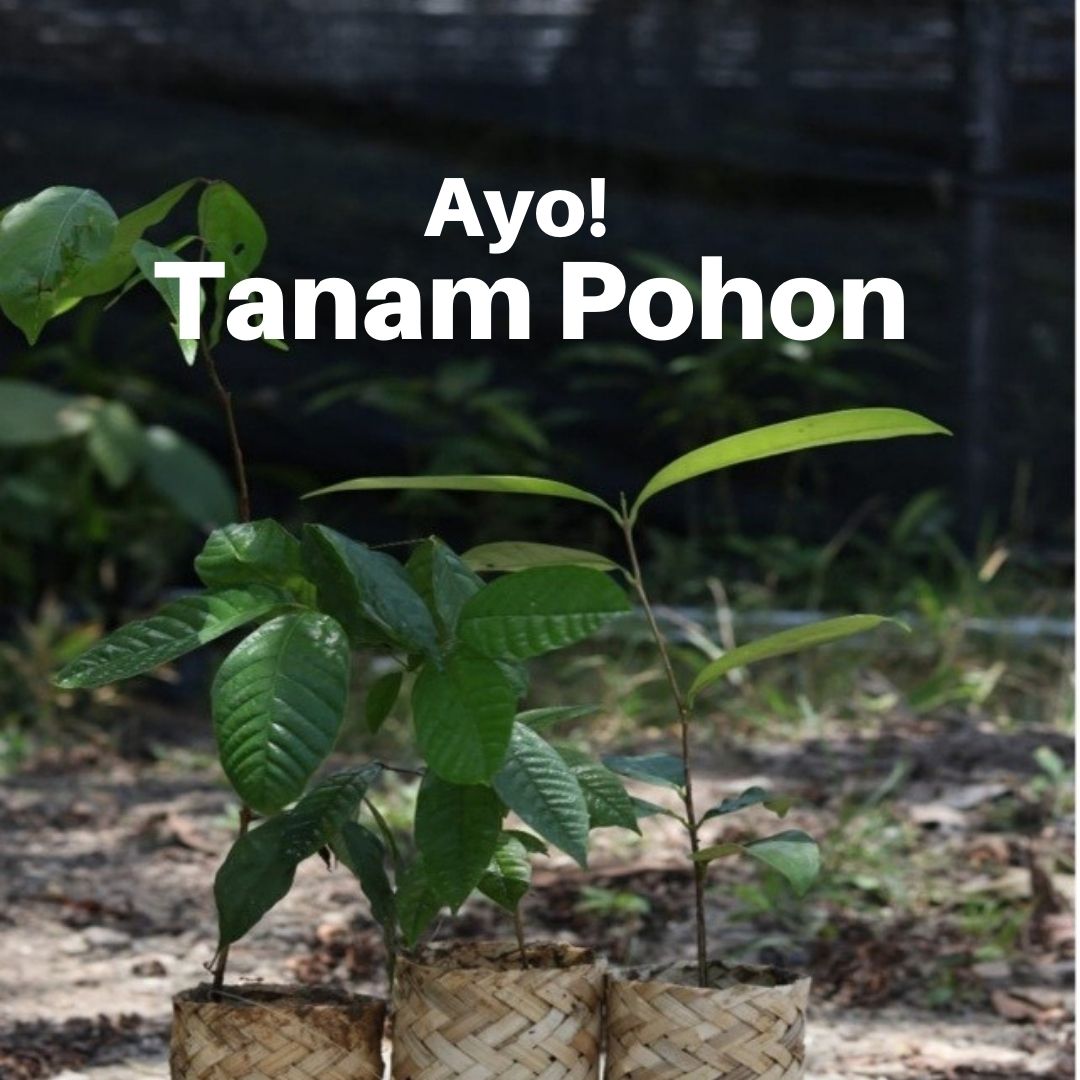The Fatwa Commission of the Indonesian Ulema Council (MUI) has issued Fatwa Number 86 of 2023 concerning the Law of Controlling Global Climate Change.
The provisions in the fatwa aim to prevent a climate crisis. The fatwa prohibits all forms of actions that lead to environmental damage, deforestation, and the burning of forests and land that impact the climate crisis.
“This fatwa also obliges efforts for mitigation and adaptation to climate change, reducing non-essential carbon footprints, and undertaking a fair energy transition,” said Hayu Prabowo, Chairman of the MUI Environmental Conservation and Natural Resources Enhancement Agency, in a written statement quoted on Monday, February 26, 2024.
_________
The launch of the fatwa was conducted together with the MUI Environmental Conservation and Natural Resources Enhancement Agency, Manka, ECONUSA, Ummah For Earth, and the MUI Fatwa Commission.
Hayu Prabowo explained that climate change and global warming have led to extreme weather conditions such as prolonged droughts, high rainfall, and rising sea levels.
He added that the rising sea levels could result in hydro-meteorological disasters, agricultural failures, and impacts on the fisheries sector.
“To control these climate changes, collaborative efforts from various parties, both from the government and the general public, are needed,” he continued.
Hayu explained that in the process of formulating this fatwa, the fatwa commission, along with the proposing institutions, conducted field visits to collect empirical evidence regarding the causes and impacts of climate change in the field.
Field visits were conducted jointly with Manka and the Borneo Nature Foundation by visiting burnt peatlands in Central Kalimantan.
Furthermore, together with Manka and the Elang Association, visits were made to Riau to discuss forest and land governance with stakeholders and communities.
“In addition, during the fatwa drafting process, focus group discussions were held with various stakeholders including the government, academia, business, and actively participating communities providing input and scientific references,” he said. ***



